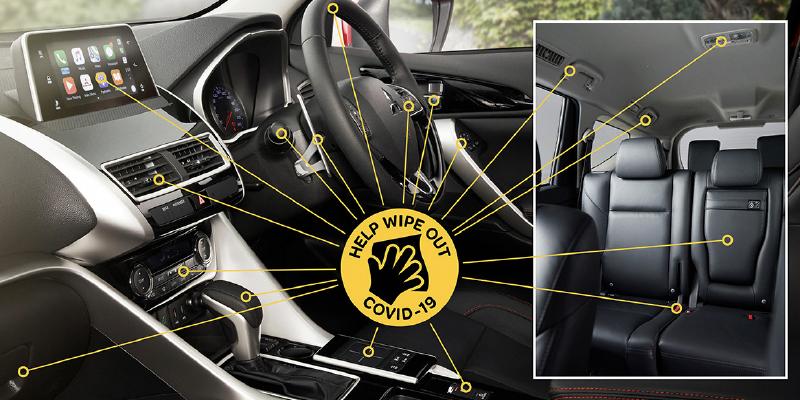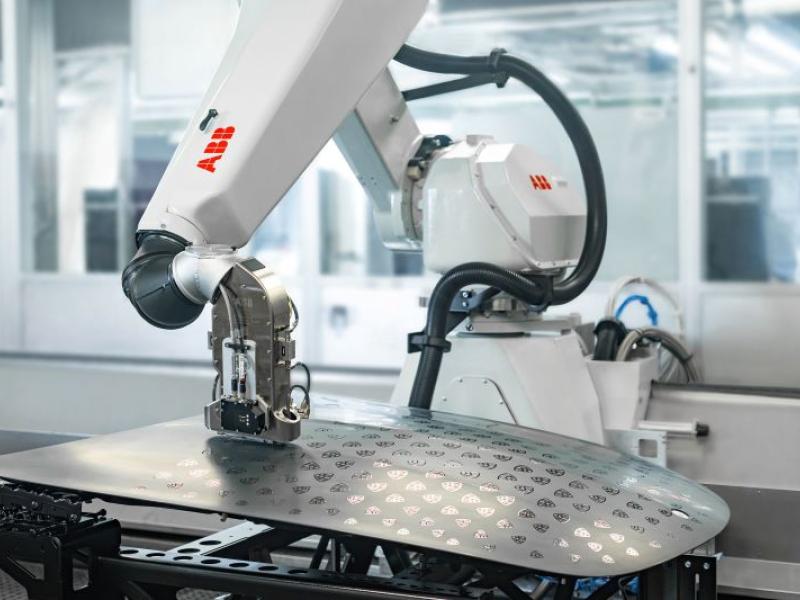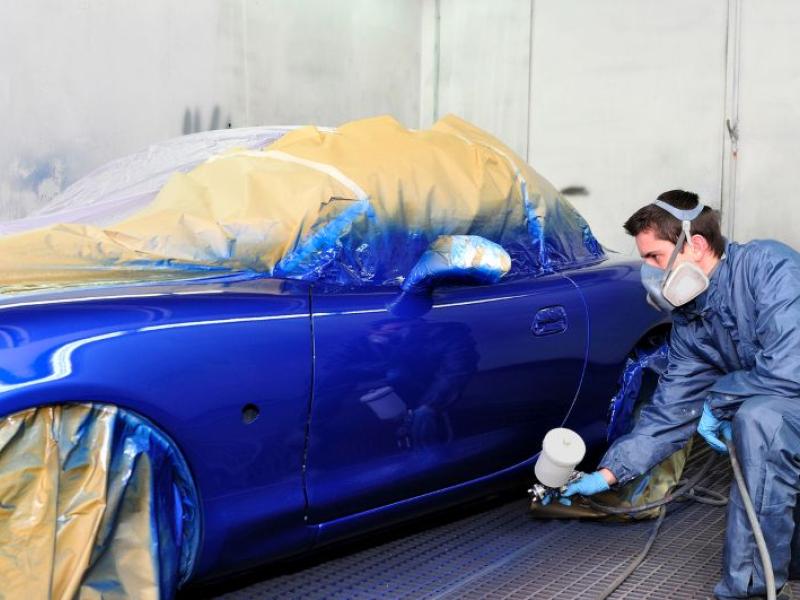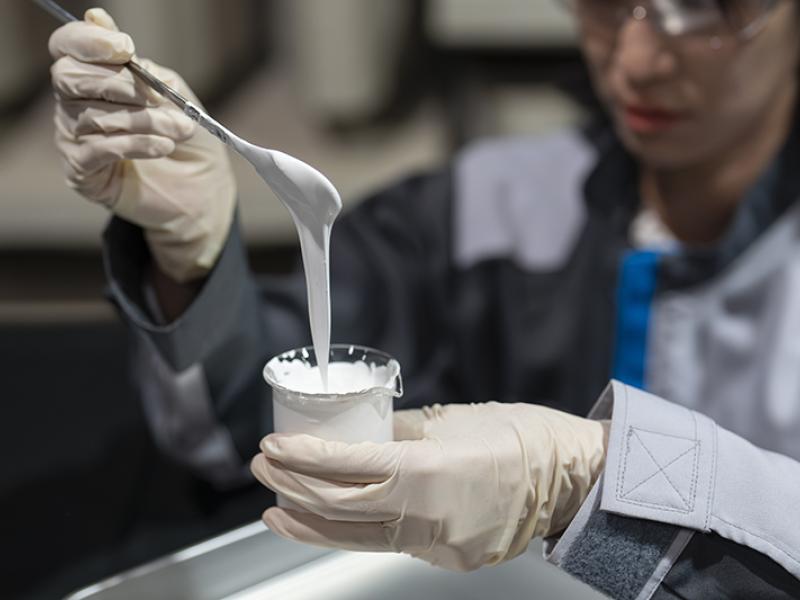As I write this, we are in fact still at Level 4 (should have come out of it today but now extended for five days). At Level 3 workshops can open for (relatively) normal business, at Level 4 they could do work for essential business or essential repairs, but we suspect the bulk would have stayed closed.
So what does Level 3 mean? Inside the workshop you need to rearrange work to keep appropriate staff distancing of one metre in the workplace (and two metres outside the workplace). This may mean either rearranging work bays or only using every other bay. Depending on what part of a vehicle is being worked on you might even top and tail vehicles so staff are working opposite ends of their bay. Maybe some work could even be done outside the workshop or even taken home or off-site to achieve the required separation. Other options might be some form of curtaining between workspaces. (One doctor’s surgery made good use of the type of plastic blinds you might use to screen a partly enclosed deck – these could be deployed quite quickly for a reasonable cost.)
The biggest challenge is both the need to sanitise vehicles before and after servicing and the need to deal with customers in a contactless way. Our understanding of this is that at Level 3 the customer cannot enter your premises including office/reception or waiting areas when the car is dropped off or picked up and all paperwork would need to be electronic. They would need to phone or internet book the car and describe the work to done and then leave the car in an external parking area with the keys in it for your staff to collect (maintaining social distancing from the car owner). Or alternatively you could offer a pickup and drop off from the customers home or work – again with keys left in car to maintain social distancing. The pickup after servicing would be the same – keys in car in an outside car park or delivered to the client. Payment would have to be online or via a remote payWave terminal maintaining social distancing. Again, we saw a doctor’s clinic that had set up reception inside a sliding window so the eftpos terminal could be placed outside the window on a table to avoid contact. It is recommended that only one staff member interact with customers for the pickup and drop off and that they have appropriate PPE.
The car would need to be sanitised on arrival to protect your staff and after the work is completed before handing back to the customer, this will add extra time to the repair process and reduce the number of repairs a day you can achieve. Cars should be vacuumed before any work is done and any rubbish removed.
Staff should wear rubber gloves when in contact with the vehicle (especially the interior/door handles etc), use disposable floor and seat covers (or disposable overalls) and use sanitising wipes or similar before and after working on the vehicle for any high touch surfaces (such as steering wheel, gear lever, door handles, keys, mirrors, doors etc). We have included a couple of images from Mitsubishi showing the areas their dealers will be sanitising as an guide.
Another consideration is any shared tools or equipment the technicians use which would have to be sanitised between each use.
Advice we have seen from some franchise repairers is that loan cars would not be made available at Level 3 due to risk of cross contamination.
You will also need to keep a contact register at Level 3 and Level 2 for staff, clients and visitors you could use an extension of your normal bookings register but may need additional details (mobile number and email) or there are some simple online apps available.
At Level 2 the workplace separation stays one metre inside the workplace and also outside the workplace and clients can come inside. You will still need to meet sanitising and hygiene requirements and keep a contact register.
At Level 3 business will likely be down as a lot of people will work from home and keeping travel local is advised, even at Level 2 non-essential travel is discouraged. Offsetting this, public transport is likely to be less favoured by users due to the number of people and there will be a backlog of work not done during Level 4. After the GFC repairers had quite a strong uptick in work as less new cars were bought and the life of existing vehicles was extended with more repairs required.






